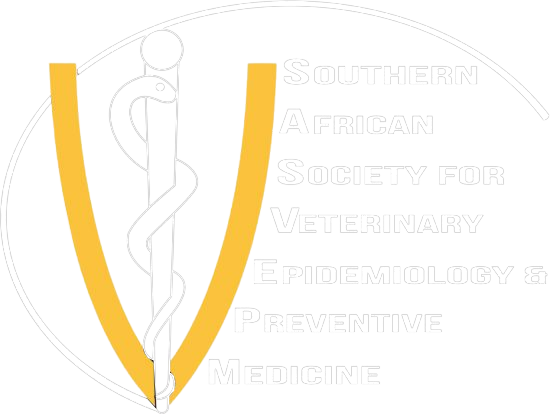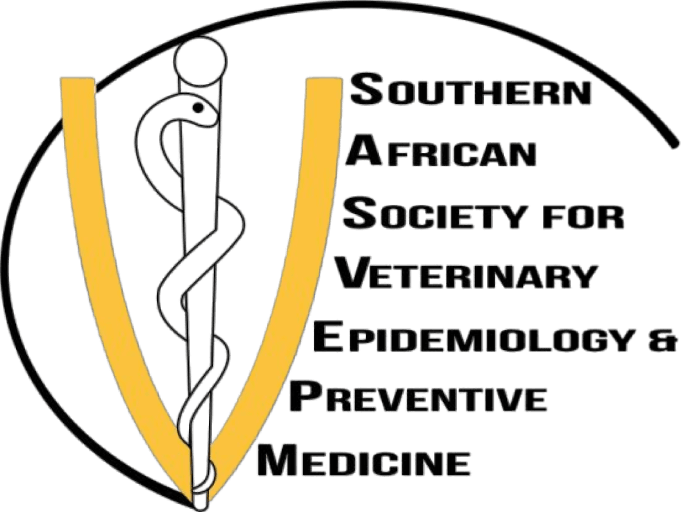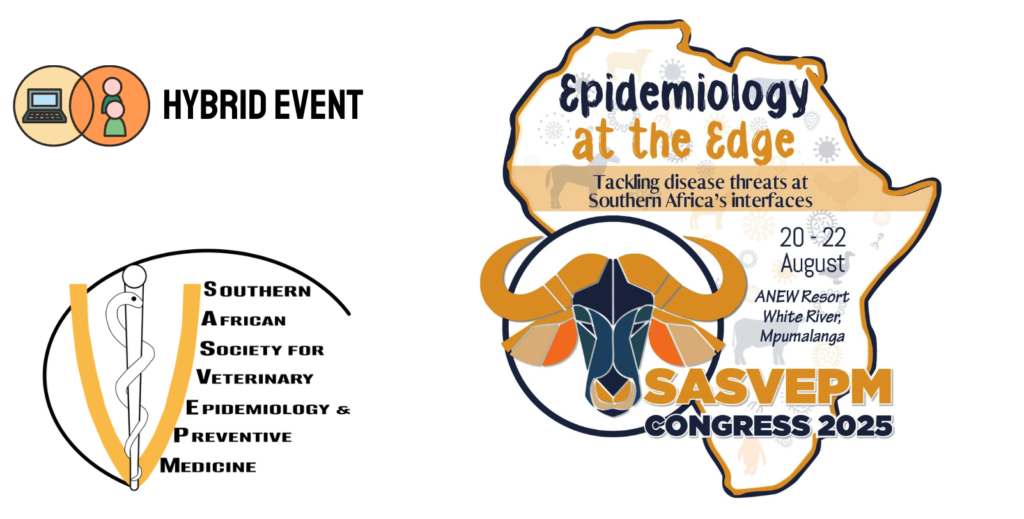
The Southern African Society for Veterinary Epidemiology and Preventive Medicine (SASVEPM) is pleased to announce its 22nd Annual Congress, which will take place from 20 to 22 August 2025 at the ANEW Resort White River, Mpumalanga
HYBRID EVENT (In-person & Online)
Epidemiology at the Edge:
Tackling disease threats at Southern Africa’s Interfaces
A congress user profile needs to be created in order to register for the congress (If you submitted an abstract use the same profile to register)

Dr. Hung Nguyen-Viet
PhD
Dr Nguyen is a Senior Principal Scientist at the International Livestock Research Institute (ILRI) in Kenya and leads the One Health Area of Work under the Sustainable Animal and Aquatic Foods (SAAF) Science Program of CGIAR. His research focuses on the link between agriculture and health, food safety, and infectious and zoonotic diseases with an emphasis on risk assessment and intervention of food safety in informal and traditional markets with using a One Health approach. He is a member of the WHO Scientific Advisory Group for the Origins of Novel Pathogens (SAGO) and of the One Health High-Level Expert Panel (OHHLEP 2). He is from Vietnam and holds a PhD in Life and Environmental Sciences from France.
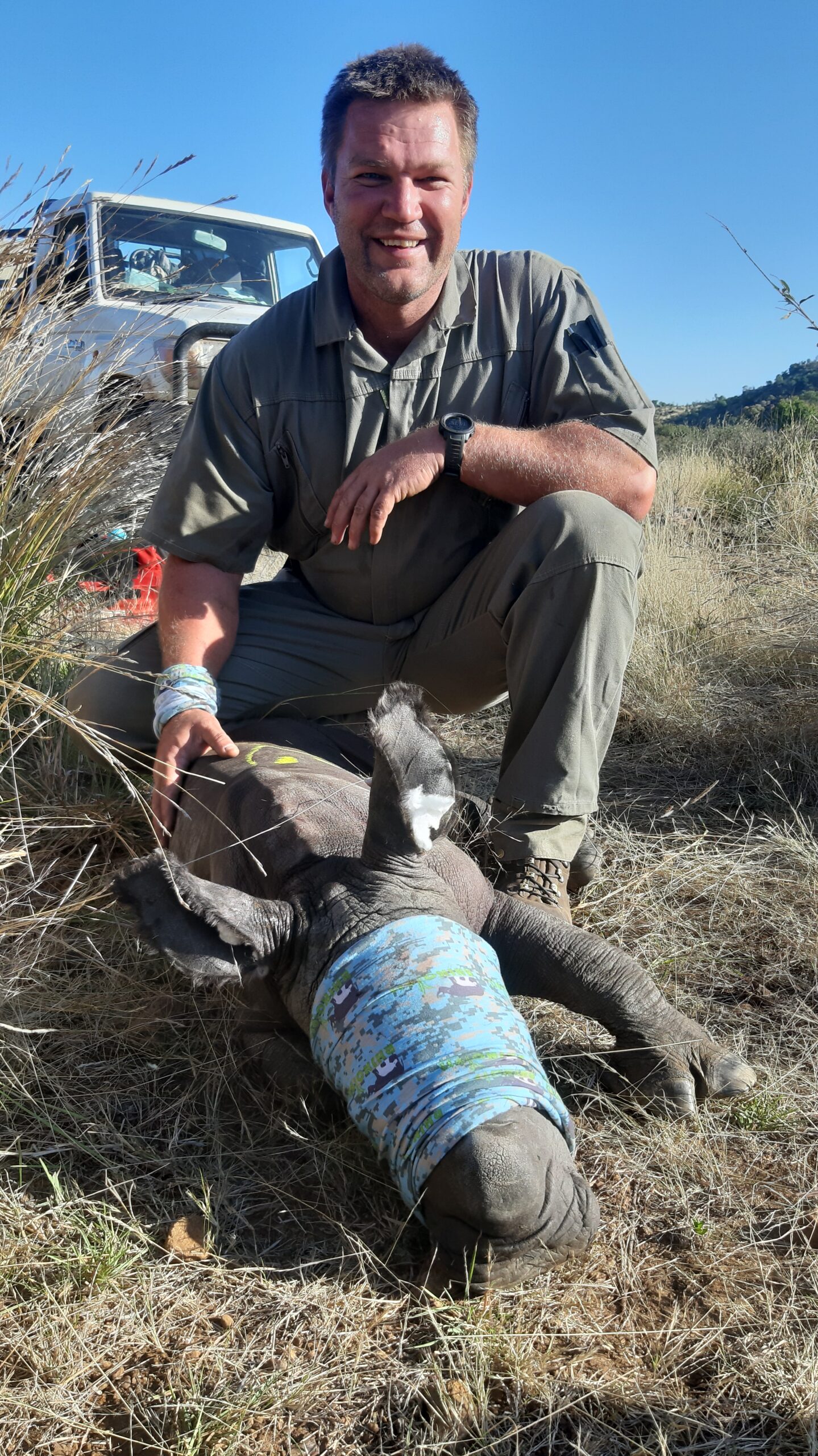
Dr. Louis van Schalkwyk
BVSc
Louis van Schalkwyk is a state veterinarian with the National Department of Agriculture, based in the Kruger National Park, South Africa. His interests include wildlife disease surveillance, spatial epidemiology, animal tracking, and the integration of information systems to support veterinary decision-making and conservation. He has been involved in research and response efforts at the wildlife–livestock interface, disease monitoring, outbreak investigations, vaccination strategy development, animal–landscape interaction studies, and conservation technology development. Louis also plays an active role in African wild dog conservation and holds academic affiliations with the University of Pretoria and the Max Planck Institute of Animal Behavior in Germany. In his spare time, he volunteers his expertise to the conservation non-profit, Contemplate Wild.

Dr. Alaster Samkange
BVSc, MSc, PhD
Dr. Alaster Samkange is a Senior Lecturer and Head of Department at the University of Namibia’s School of Veterinary Medicine. A qualified veterinarian, he earned his Bachelor of Veterinary Science (BVSc) degree from the University of Zimbabwe in 1994. He furthered his academic pursuits by obtaining an MSc and PhD in Veterinary Tropical Diseases from the University of Pretoria. Following his graduation in 1994, Dr. Samkange served as a resident at the University of Zimbabwe’s Veterinary Hospital for nearly two years. In 1997, he relocated to Namibia to join the Directorate of Veterinary Services, where he worked as a State Veterinarian and later advanced to the position of Chief Veterinarian. Over a distinguished 19-year career with the directorate, he contributed significantly to veterinary services in the country. In 2016, Dr. Samkange transitioned to academia, joining the University of Namibia, where he has continued to make meaningful contributions to veterinary education and research. To date, he has published over 40 peer-reviewed articles, reflecting his deep commitment to advancing knowledge in infectious diseases, a field in which he harbours a particular passion. His dedication to veterinary education and research continues to shape the next generation of veterinarians in Namibia and beyond.

Dr. Ben du Plessis
BVSc
Dr du Plessis is a Deputy Director for Animal Health Services in the Ehlanzeni district of Mpumalanga province. A state veterinarian with more than forty years of disease control experience, Dr du Plessis is responsible for coordination of foot and mouth disease, rabies, and buffalo matters in the province until May 2025. From 2006 to 2021, he also served as an expert member on the World Organisation for Animal Health (WOAH) ad hoc group meetings on epidemiology, vaccination, compartmentalisation, containment zone and foot and mouth disease country status.
A congress user profile needs to be created in order to register for the congress (If you submitted an abstract use the same profile to register) https://www.conftool.org/sasvepm2025/
Standard Rates until : 20 July 2025
| Registration Type | Early-bird (Closed) | Standard (Starts 21 May 2025) | Late (Starts 21 July 2025) |
| Full Congress – In-person/Online | R6,460 | R7,740 | R8,110 |
| Full Congress Student – In-person/Online | R2,600 | R2,970 | R3,340 |
| Full Congress Pensioner – In-person/Online | R3,125 | R3,445 | R3,815 |
| One Day Attendance – In-person | R2,370 | R2,840 | R2,980 |
| Two Day Attendance – In-person | R4,740 | R5,680 | R5,950 |
| Gala Dinner | R750 | R750 | R750 |
Alternative Hotels
- Pine Lake Resort -Pine Lake Resort is situated on the banks of Lake Longmere in White River amid the lush forests and majestic mountains of South Africa’s Mpumalanga province. Here, guests have the opportunity to experience some of the country’s most exquisite scenery. 17 Minutes drive to ANEW Resort White River. https://www.southernsun.com/pine-lake-resort?utm_source=google&utm_medium=businesslisting&utm_campaign=resort_pine-lake-resort
- Casterbridge Hollow Boutique Hotel -Experience the tranquillity and charm of the Lowveld at Casterbridge Hollow Boutique Hotel in White River. ‘Out of Africa’ style meets contemporary African chic at this White River accommodation to create an oasis for business travellers and tourists. 12 Minutes drive to ANEW Resort White River. reservations@casterbridgehollow.co.za https://www.casterbridgehollow.co.za/
- Hotel 247 @ White River -34 Alie van Bergen Street, White River, South Africa. https://www.hotel247.co.za/ Reservations. +27 13 751 1100 | reservations@hotel247.co.za.. 7 Minutes drive to ANEW Resort White River
ANEW Resort White River, a serene country estate tucked away in the idyllic town of White River, Mpumalanga, just beyond Nelspruit’s borders in the captivating Lowveld. Renowned for its exquisite culinary offerings, comfortable lodgings, exceptional amenities, and meticulously landscaped gardens, ANEW Resort White River invites you to unwind and rejuvenate. A mere 3.5-hour drive from the vibrant city pulse of Johannesburg and Pretoria, this haven beckons those yearning to escape urban life, corporate teams seeking a distinctive business venture, and sports groups in search of a pre-season training haven.
For airport transfer contact: Lets Travel shuttle service –sellomalumane@gmail.com | R490 for a single trip (KMIA Airport to Anew Hotel White River)
Standard room BB ( Fully Booked)
Single R1325
Double R1695
Superior Room BB (Full Booked)
Single R1775
Double R2145
Triple Room BB
Single R1325
Double R1695
Deluxe Room BB
Single R1925
Double R2295
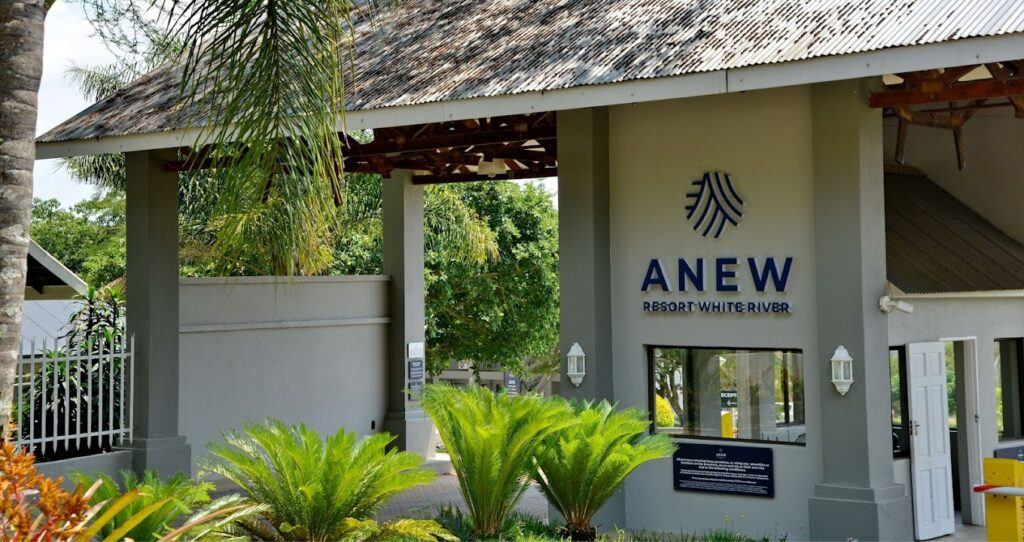
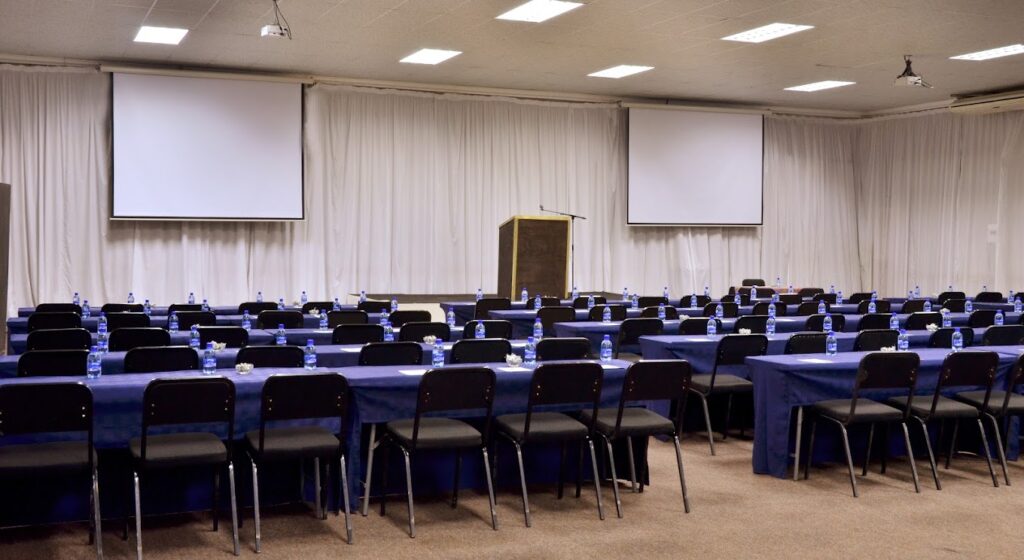
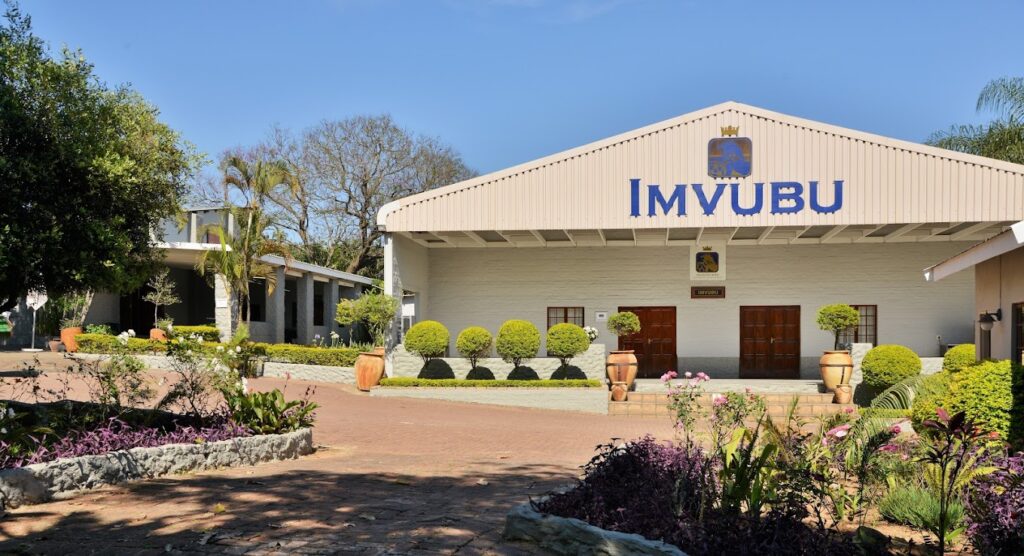
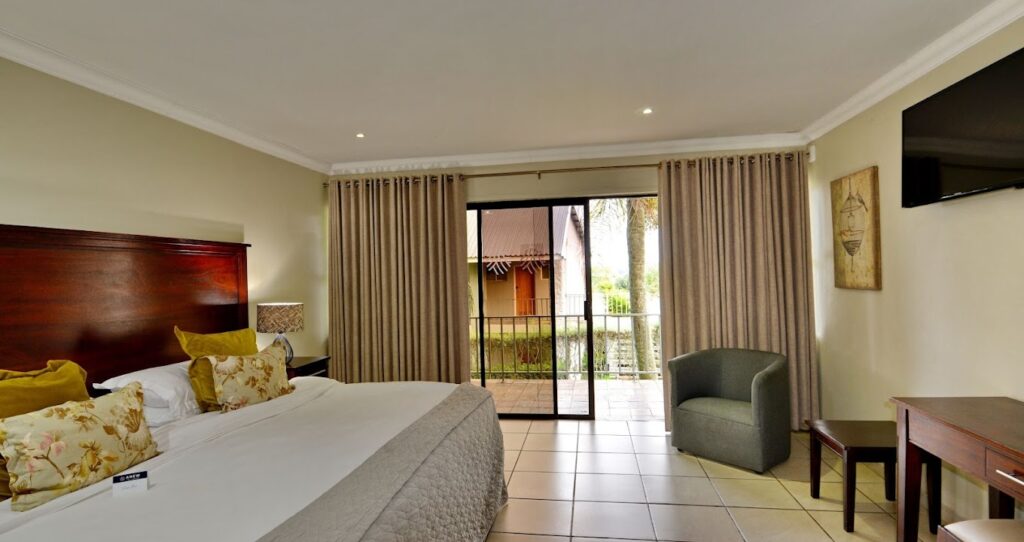

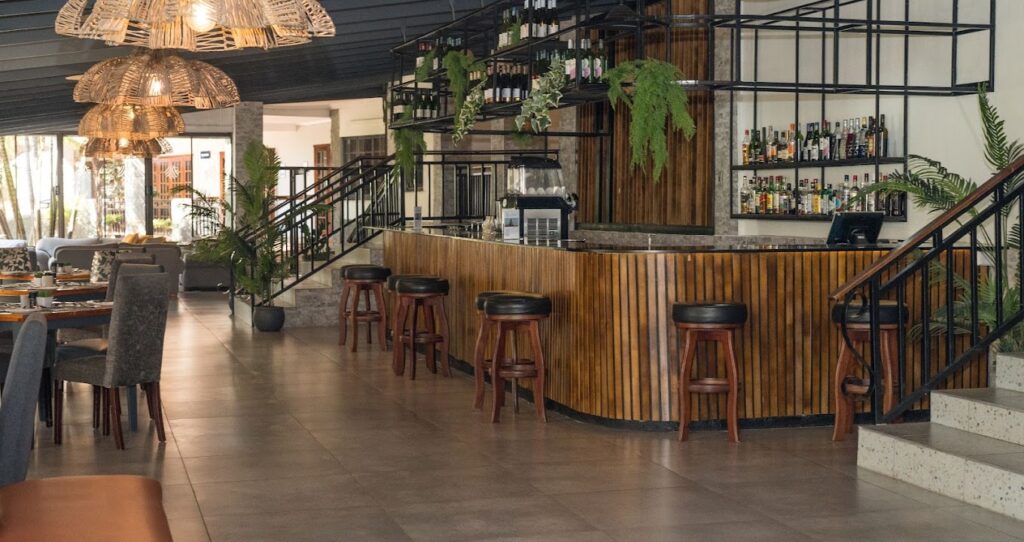
All authors are requested to upload a final or revised Word version of their abstract in their ConfTool profile under “Your submissions” by no later than 30 May 2025 – https://www.conftool.org/sasvepm2025/. This copy will be printed in the congress proceedings and must contain the presentation title, all authors, their affiliations, and a link to any publications associated with the abstract. It is strongly advised that you incorporate any reviewer recommendations or revisions into your final abstract. If your abstract was accepted without revisions, you are still required to submit a final Word version which includes these additional details. Remember to check the spelling, grammar, and publication links before uploading the final version.
Under this year’s theme, the 22nd annual SASVEPM congress will delve into disease transmission at Southern Africa’s expansive human-animal interfaces, the impact of wildlife disease reservoirs and the implications these have on veterinary disease management strategies.
It is organised under the following sub-themes:
Disease surveillance and control at the interface
The impact of interfaces in Africa: challenges and opportunities
Preventing spillover
Averting interspecific pathogen transmission
Wild spaces
Tailoring epidemiological methods to wildlife: surveillance, diagnostics and geospatial approaches
Epidemiological Methods
Choosing and using the right tool for the job
One Health Approaches: Integrating Human, Animal, and Environmental Health
Interdisciplinary strategies for addressing health challenges holistically
Animal Welfare
Promoting animal health and well-being
Antimicrobial Resistance
New information and strategies to combat AMR
Host Spotlight: Mpumalanga
Research, preventive medicine & epidemiology in Mpumalanga
Local Success Stories
Successful epidemiological interventions or unique insights and learning-experiences in a real-world setting
ABSTRACT SUBMISSION GUIDELINES.
Abstract format (for all abstracts excluding Local Success Stories)
Please note: you do not have to include the format headings in the abstract. They are for guidance only to ensure you have addressed all sections required.
- Title: The title should be concise and clearly reflect the content of your abstract. Use a font size and style that is consistent with the conference guidelines.
- Introduction: Provide a brief introduction that outlines the background and context of your research or study. Clearly state the research question or objective.
- Methods: Describe the methods and techniques used in your research. Explain how you conducted the study, collected data, and analysed it. Be concise but provide enough detail for reviewers to understand your approach.
- Results: Present the key findings of your research. Use graphs, tables, or other visual aids if applicable and allowed by the conference guidelines. Highlight the most important results and their significance.
- Discussion: Interpret the results and discuss their implications. Explain how your findings contribute to the field or address the research question. Discuss any limitations of your study.
- Conclusion: Summarize the main conclusions of your research. State the practical or theoretical implications of your work.
- Abstract requirements
- The body of the abstract must not exceed a 300-word limit. Keywords are not required
- Use single line spacing.
- Tables, figures or images are permitted.
- Use Arial, font size 12 throughout the abstract. Abstracts must be fully justified, free of typographical and grammatical errors.
- Standard abbreviations may be used for common terms only. Otherwise, any abbreviation should be given in brackets after the first full use of the word. Abbreviations may be used in the title, provided the name in full is outlined in the body of the abstract.
- It is the author’s responsibility to ensure the title, author and affiliation details entered in the paper submission site are correct and exactly as they should be published on the abstract and all congress materials.
- It is the presenter’s responsibility to ensure that all necessary consent/permission to present the research has been received from any additional authors, prior to the congress.
LOCAL SUCCESS STORY (LSS) ORAL PRESENTATION GUIDELINES
This sub-theme is aimed at para-veterinarians or newly qualified veterinarians who may not be able to contribute a piece of research but can share successful approaches to their local problems and how overcoming these obstacles has had a positive impact on animal health. These stories can be aligned to any of the main themes or stand apart.
We are specifically looking for local success stories that highlight successful epidemiological interventions or provide unique insights and experiences which we can learn from to translate success into practice in a real-world, African setting. Only oral presentations will be considered and limited to 10 minutes, with a few minutes for questions at the end. Creative presentations are encouraged.
Abstract requirements
- Abstract format (only for LSS) should be a short descriptive paragraph not exceeding 250 words.
- Scientific format headings (introduction, methods etc.) are not required
- Use single line spacing.
- Tables, figures or images are permitted.
- Use Arial, font size 12 throughout the abstract. Abstracts must be fully justified, free of typographical and grammatical errors.
- Standard abbreviations may be used for common terms only. Otherwise, any abbreviation should be given in brackets after the first full use of the word. Abbreviations may be used in the title, provided the name in full is outlined in the body of the abstract.
- It is the author’s responsibility to ensure the title, author and affiliation details entered in the paper submission site are correct and exactly as they should be published on the abstract and all congress materials.
- It is the presenter’s responsibility to ensure that all necessary consent/permission to present the research has been received from any additional authors, prior to the congress.
- The time given for oral presentation is 15 minutes only, then 5 minutes for questions.
- Note that the audience usually reads the text on a slide before they listen to the speaker. We advise that you:
- Minimise the text on the slides to essential information only.
- Keep it simple.
- Avoid reading out loud the text as it is on the slides.
- Practice your oral presentation thoroughly before hand to make sure the timing is correct.
- All finalised presentations must be uploaded through the link provided on your ConfTool profile under the correct abstract by no later than 31 July 2025. Please name your file as follows: “AbstractID_Surname_Initial” (e.g. “321_Smith_J”).
- Presentations must be in Microsoft PowerPoint format or pdf (if there are no animations).
- It is important to take note of the sub-theme to which you have been assigned. Your presentation will be strengthened by emphasising how your research links/contributes to this topic.
- Please include a key message slide at end of the presentation. This should highlight the main relevance of your project and the practical application of your findings.
- We recommend that you limit the total number of slides based on the time that you are allocated. Budget approximately 1 minute per slide.
- With pictures, it is advised to put no more than 2 per slide for good visibility.
- Make sure any graphs or charts are easy to understand. Check that the captions are large enough read from a distance.
- Avoid animations and videos unless they are essential to the presentation.
- If you must include a video, it is up to you to make sure that it is set up correctly to play. Please inform VetLink if there is a video in your presentation, upload it on ConfTool in addition to your presentation by 31 July 2025.
- Referencing, consent for images or tables should be available on request.
Text and Layout Recommendations
Plain white background and black text for presentations
Font sizes: Title 40, Subtitle 30, Text 28.
A large font is recommended so all text is legible.
Use the same font throughout the presentation.
Maximum of 7 lines of text per slide. Preferably bullet lists with short sentences.
Use italics or bold to emphasise certain words or phrases.
Remember to check the spelling before sending in the final version.
LOCAL SUCCESS STORY (LSS) ORAL PRESENTATION GUIDELINES
This sub-theme is aimed at para-veterinarians or newly qualified veterinarians who may not be able to contribute a piece of research but can share successful approaches to their local problems and how overcoming these obstacles has had a positive impact on animal health. These stories can be aligned to any of the main themes or stand apart.
We are specifically looking for local success stories that highlight successful epidemiological interventions or provide unique insights and experiences which we can learn from to translate success into practice in a real-world, African setting. Only oral presentations will be considered and limited to 10 minutes, with a few minutes for questions at the end. Creative presentations are encouraged.
Abstract requirements
- Abstract format (only for LSS) should be a short descriptive paragraph not exceeding 250 words.
- Scientific format headings (introduction, methods etc.) are not required.
- Use single line spacing.
- Tables, figures or images are permitted.
- Use Arial, font size 12 throughout the abstract. Abstracts must be fully justified, free of typographical and grammatical errors.
- Standard abbreviations may be used for common terms only. Otherwise, any abbreviation should be given in brackets after the first full use of the word. Abbreviations may be used in the title, provided the name in full is outlined in the body of the abstract.
- It is the author’s responsibility to ensure the title, author and affiliation details entered in the paper submission site are correct and exactly as they should be published on the abstract and all congress materials.
- It is the presenter’s responsibility to ensure that all necessary consent/permission to present the research has been received from any additional authors, prior to the congress.
Presentation
- The time given for oral presentation is 10 minutes only, then 3 minutes for questions.
- Note that the audience usually reads the text on a slide before they listen to the speaker. We advise that you:
- Minimise the text on the slides to essential information only.
- Keep it simple.
- Avoid reading out loud the text as it is on the slides.
- Practice your oral presentation thoroughly before hand to make sure the timing is correct.
- All finalised presentations must be uploaded through the link provided on your ConfTool profile under the correct abstract by no later than 31 July 2025. Please name your file as follows: “AbstractID_Surname_Initial” (e.g. “321_Smith_J”).
- Presentations must be in Microsoft PowerPoint format or pdf (if there are no animations).
Content
- Your presentation must emphasise why this is a success story. What positive effects have the events described had on health and the community? See the description in Scientific Programme Sub-theme descriptions above for more details.
- We recommend that you limit the total number of slides based on the time that you are allocated. Budget approximately 1 minute per slide, i.e. no more than 10 slides.
- Be creative and positive!
- We recommend having lots of pictures to enhance the narrative.
- With pictures, it is advised to put no more than 2 per slide for good visibility.
- Make sure any graphs or charts are easy to understand if they are included. Check that the captions are large enough read from a distance.
- If you must include a video, it is up to you to make sure that it is set up correctly to play. Please inform VetLink if there is a video in your presentation, upload it on ConfTool in addition to your presentation by 31 July 2025.
- Referencing, consent for images or tables should be available on request if any are included.
Text and Layout Recommendations
- Plain white background and black text for presentations
- Font sizes: Title 40, Subtitle 30, Text 28.
- A large font is recommended so all text is legible.
- Use the same font throughout the presentation.
- Maximum of 7 lines of text per slide. Preferably bullet lists with short sentences.
- Use italics or bold to emphasise certain words or phrases.
- Remember to check the spelling before sending in the final version.
POSTER PRESENTATION GUIDELINES
- Poster presenters must print their own posters and bring them to the congress.
- The maximum poster size allowable is A1 (420mm x 595mm).
- Orientation: portrait only
- Posters must be printed on 170-200 gsm paper.
- Posters may be laminated, but this is not required.
- Poster should not be printed on material.
- Poster boards and the means to attach them will be provided by SASVEPM.
- Presenters must ensure that all text is large enough and clearly legible. Images, tables, and graphs should be high resolution, and quality must be sufficient for the size of poster selected.
- Each poster will be on display for one day during the congress.
- Presenters will be notified of which poster presentation day they are allocated.
- Presenters must ensure that their poster is put up by no later than 7:15 on the morning of their allocated presentation day.
- Each poster presenter must stand by their poster and present it to interested audience members during the 30-minute poster session of their allocated day in the program.
- If a presenter is not there during their allocated poster session, then they will not be considered for the “Best Poster Presentation” prize.
- SASVEPM does not specify poster presentation formats, but templates are available online (click here for examples).
If you have any questions regarding the abstract or presentation guidelines, please do not hesitate to contact the SASVEPM Secretary, Dr. Oonagh Pretorius, secretary@sasvepm.org.
If you have any questions or problems regarding congress registration, payments, acceptance letters, abstract or presentation submissions please do not hesitate to contact our Vetlink event manager, Ms Katlego Legodi, support@vetlink.co.za .
In the event that an abstract is accepted, the presenter will be given the opportunity to apply for a SASVEPM Congress Bursary 2025 to attend and present at the event. Bursary applications will open on 15 May 2025 via a link provided in the abstract outcome notification letter. Please note that priority will be given to applicants who have been accepted for oral presentations.
Africa Spear Safaris is a well-established, professional company with many years’ experience. We have an excellent reputation in and around the Kruger National. To book a game drive contact Ivan from Africa Spear Safaris |
|---|

